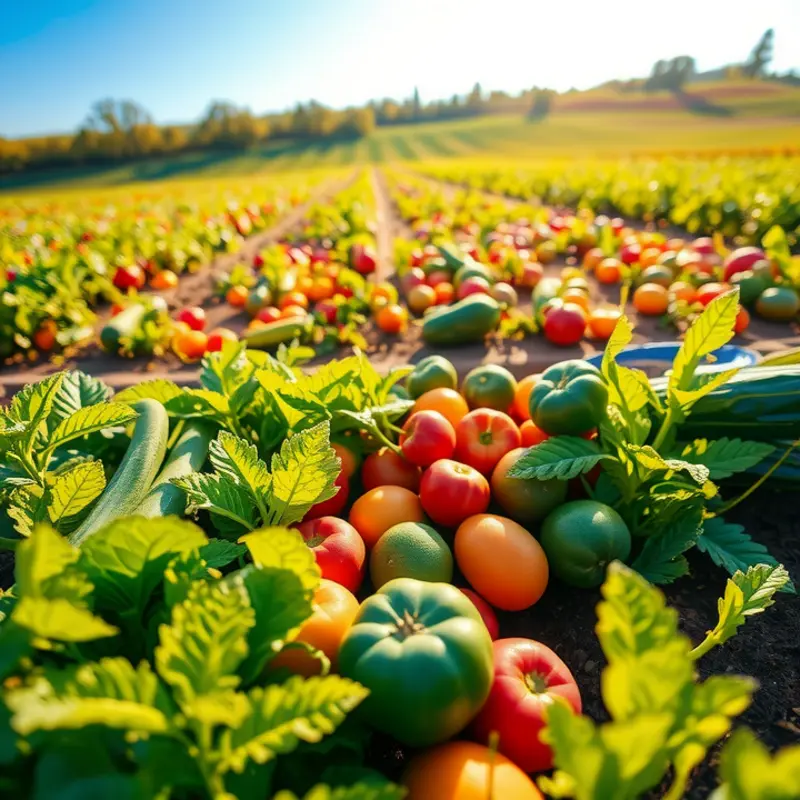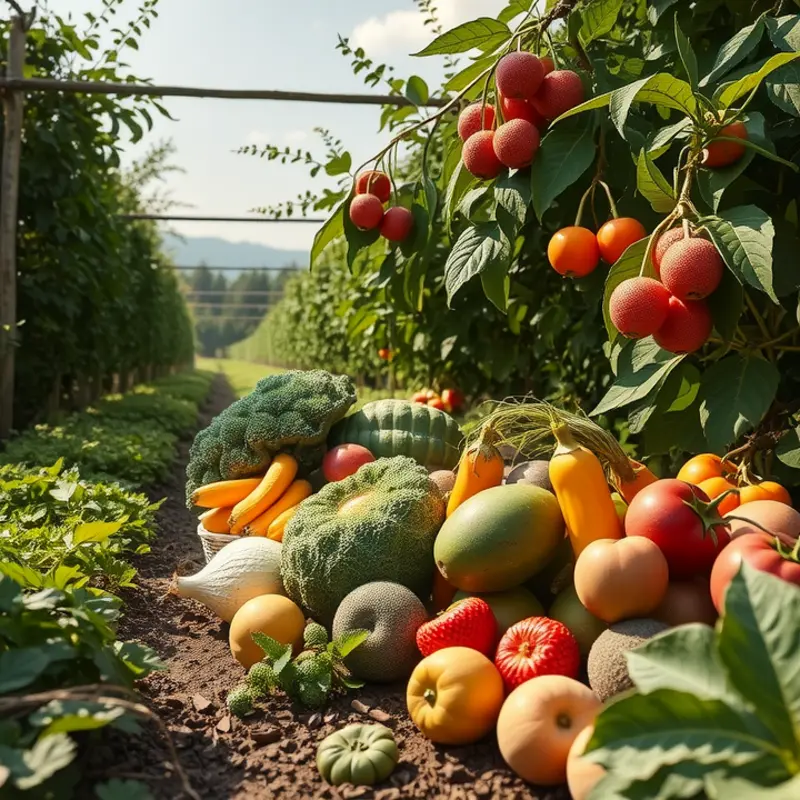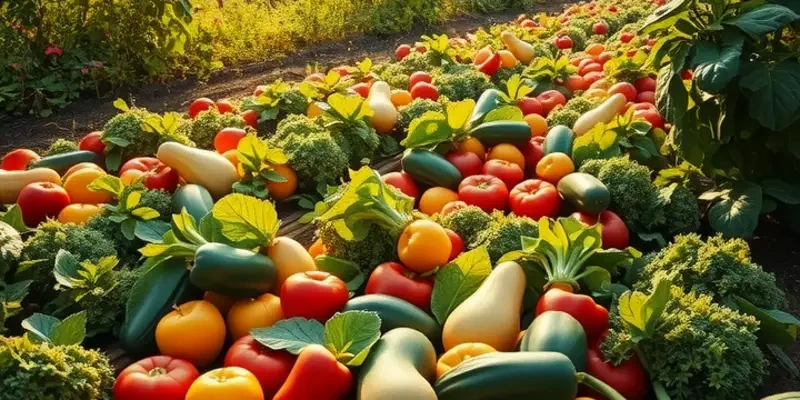In a world increasingly aware of the environmental challenges we face, breakfast can be a surprisingly impactful opportunity to make eco-friendly food choices. From selecting local ingredients to reducing food waste, every breakfast decision can contribute to a healthier planet. This guide presents practical steps and solutions that environmentally-conscious individuals can adopt to lessen their morning meal’s ecological footprint, transforming breakfast into a celebration of sustainable living.
Sourcing Sustainable Ingredients

Selecting sustainable ingredients is pivotal for an eco-friendly breakfast. By prioritizing local and seasonal foods, you not only reduce your carbon footprint but also support local economies. Local produce travels shorter distances, significantly lowering transportation emissions. Moreover, purchasing directly from farmers ensures fresher, nutrient-rich ingredients.
Exploring farmers’ markets can be an enriched experience, as they offer opportunities to learn about the stories behind your food. Many markets feature organic or sustainably-farmed products, free from synthetic pesticides and fertilizers. Opting for these items contributes to soil health and biodiversity.
When local options are scarce, focus on seasonal produce. Consuming foods in season means they have not been force-grown, which usually requires more energy and resources. Seasonal fruits and vegetables are generally more affordable and flavorful, as they are harvested at their peak.
Consider farm-to-table alternatives where meals emphasize freshness and sustainability. This approach aligns with “nose-to-tail” and “root-to-stem” philosophies, promoting the use of whole animals and plants, minimizing waste.
Sustainability also includes mindful seafood choices. Overfishing and poor aquaculture practices can wreak havoc on marine ecosystems. Familiarize yourself with sustainable seafood guides available online. These resources often highlight seafood varieties that thrive in well-managed fisheries.
Bulk buying can help minimize packaging waste and reduce your overall impact. Bring reusable bags or containers to fill up on whole grains, nuts, and seeds that will add nutritional value to your breakfast.
Don’t overlook meat alternatives that have a lesser environmental impact. Plant-based proteins like legumes and tofu are excellent breakfast staples. A simple veggie scramble can be both delicious and sustainable.
Finally, consider reducing food waste by planning your meals and storing leftovers properly. For more tips on sustainable storage solutions, check out this guide on eco-smart kitchen storage.
By being intentional about your ingredient choices, you can cultivate a more sustainable lifestyle, beginning with your morning meal. This approach not only benefits the environment but also enriches your culinary experience.
Reducing Food Waste at Breakfast

Breakfast is often a rushed ritual, leading to excessive food waste. Thoughtful planning reduces waste and enriches your morning routine. Start with drafting a weekly meal plan. Consider the ingredients you already have and select versatile items. This minimizes impulsive purchases that feed clutter and waste. When planning meals, integrate leftovers creatively. For instance, transform stale bread into hearty French toast. Leftover vegetables from dinner can become part of a nutritious omelet. A little creativity goes a long way in food repurposing.
Mindful shopping is critical. Avoid buying in bulk if unlikely to use items before they spoil. Opt for non-perishable alternatives when possible. Such strategies ensure fresher ingredients and waste reduction. Effective storage plays a vital role. Airtight containers and proper refrigeration extend the lifespan of perishable items. Learn more about environmentally sound storage in the eco-smart kitchen storage guide.
Ultimately, proper storage involves more than placing items in the fridge. Understanding how to store sauces and preserves can prevent premature spoilage. For sauces, transfer unused portions to smaller containers to limit air exposure. Implementing small habits like labelling storage dates on containers ensures you use items before expiration.
Consider starting a compost bin. Composting turns organic waste into nutrient-rich soil, reducing landfill contributions. Breakfast wastes such as egg shells and coffee grounds are perfect for composting. Incorporating composting into your routine establishes a sustainable loop beginning with breakfast.
Find joy in the art of using every bit of your purchase. The woody stems from asparagus can flavor homemade broths. Excess fruits past their prime transform into delicious breakfast smoothies or preserves. Zero-waste cooking fosters creativity, and resourcefulness brings culinary innovation.
Another crucial tactic is portion control. Start small and add more if needed. This approach not only saves food but also promotes mindful eating. An awareness of fullness and satisfaction leads to healthier choices over time. Explore mindful eating techniques for deeper understanding. Ultimately, reducing food waste at breakfast is an opportunity to practice sustainability and creativity. By planning wisely, storing intelligently, and linking ingredients through new inventive uses, mornings can become a celebration of eco-conscious living.
Final words
By being intentional about the ingredients we choose and how we use them, breakfast can become an integral part of sustainable living. Sourcing local and seasonal ingredients not only supports local farmers but also reduces the carbon footprint associated with food transportation. Additionally, by implementing waste-reduction strategies, we can ensure that more of what we buy gets consumed, minimizing unnecessary waste. Simple changes like these can collectively make a significant impact, guiding us toward a more eco-friendly lifestyle that starts with our first meal of the day.








